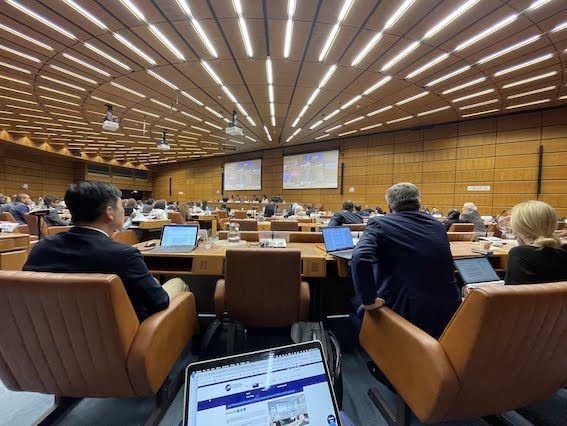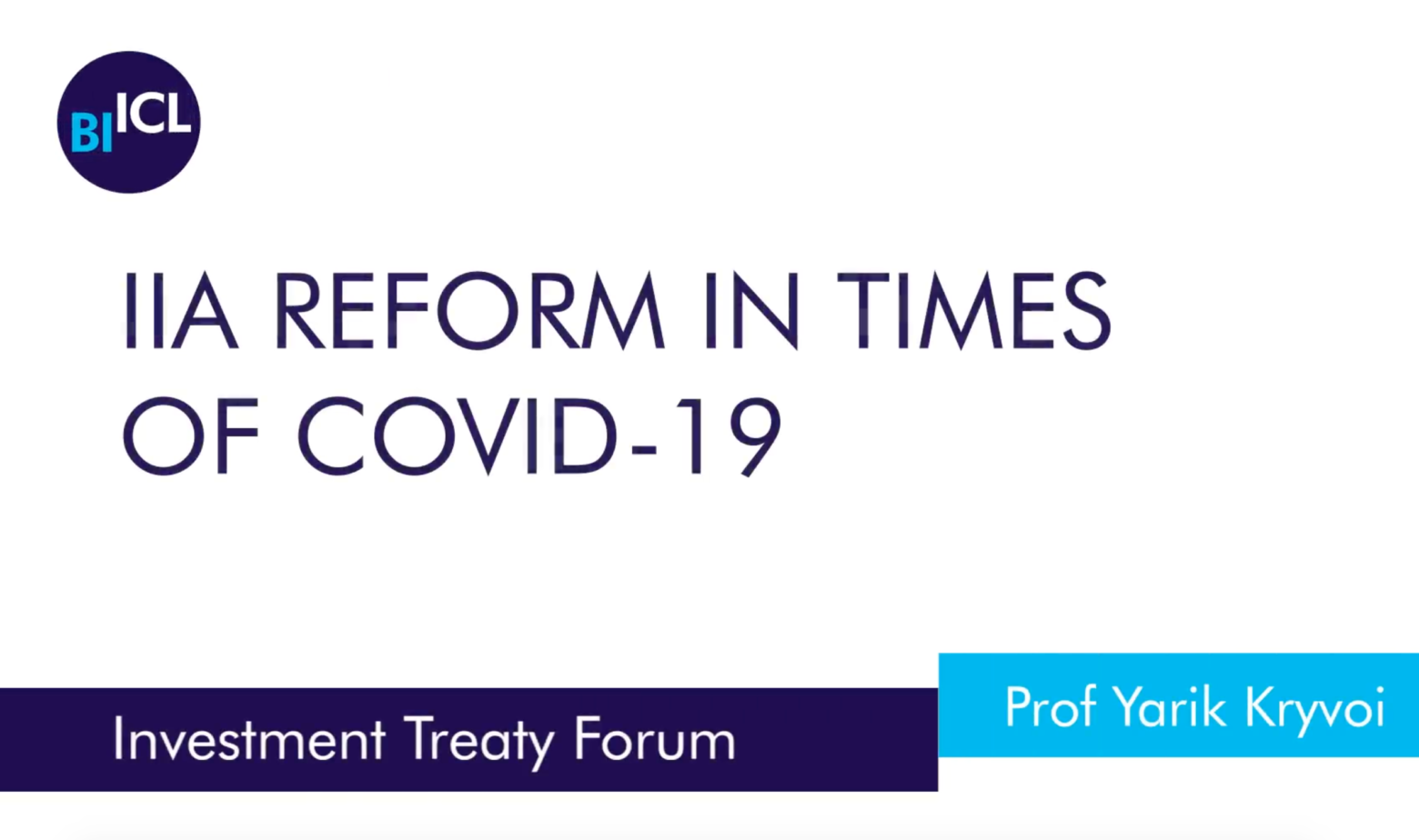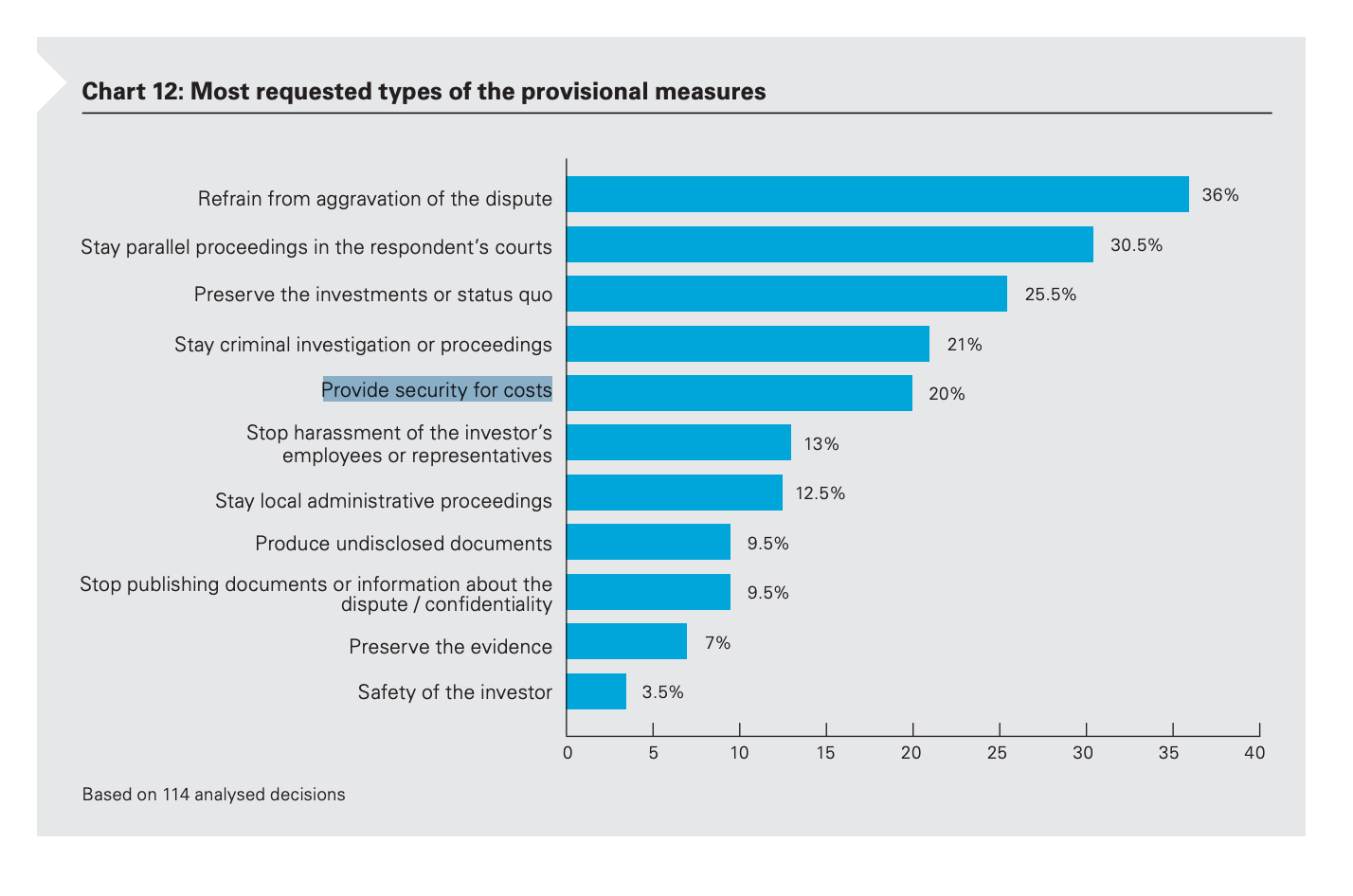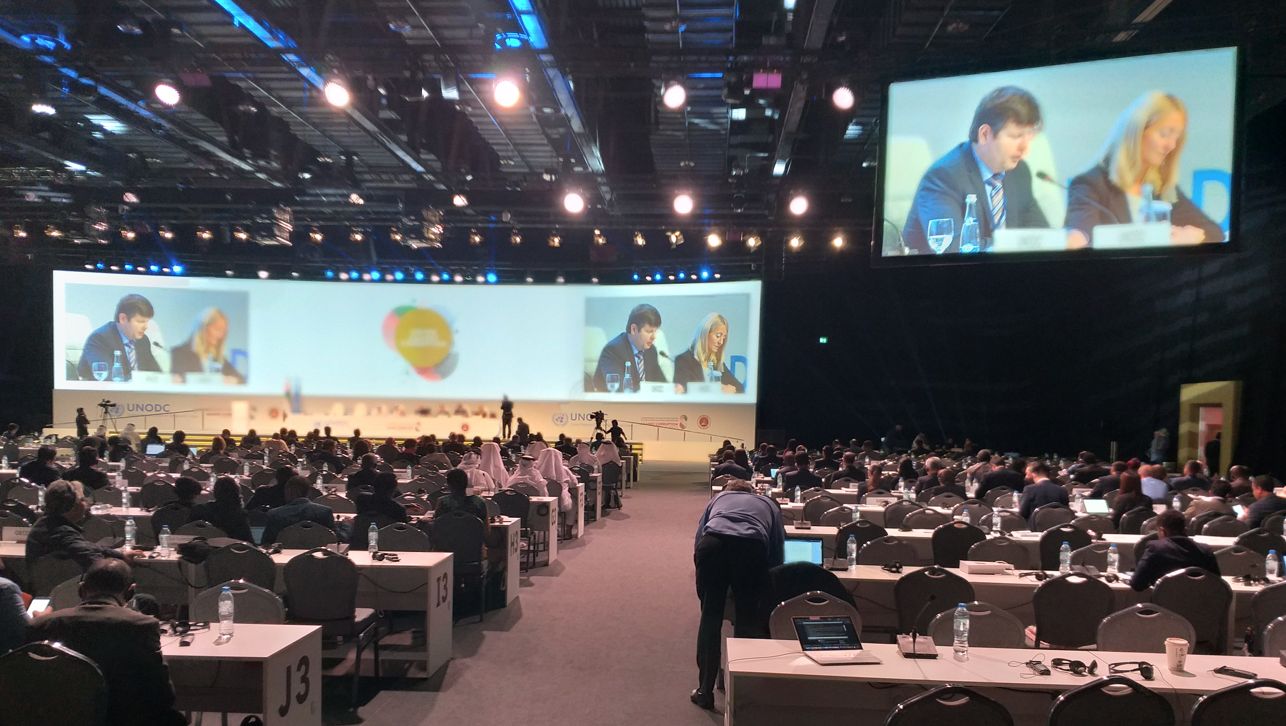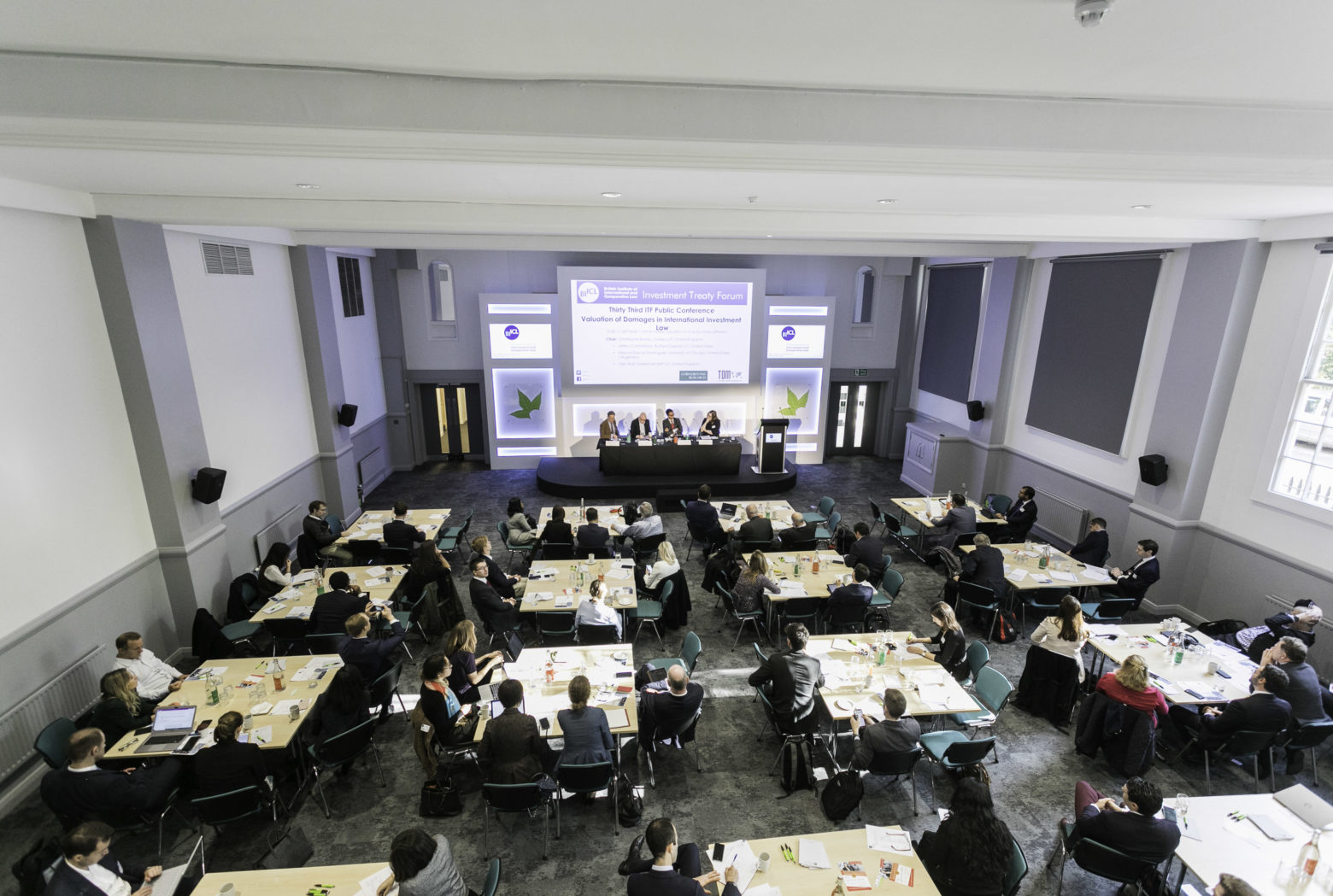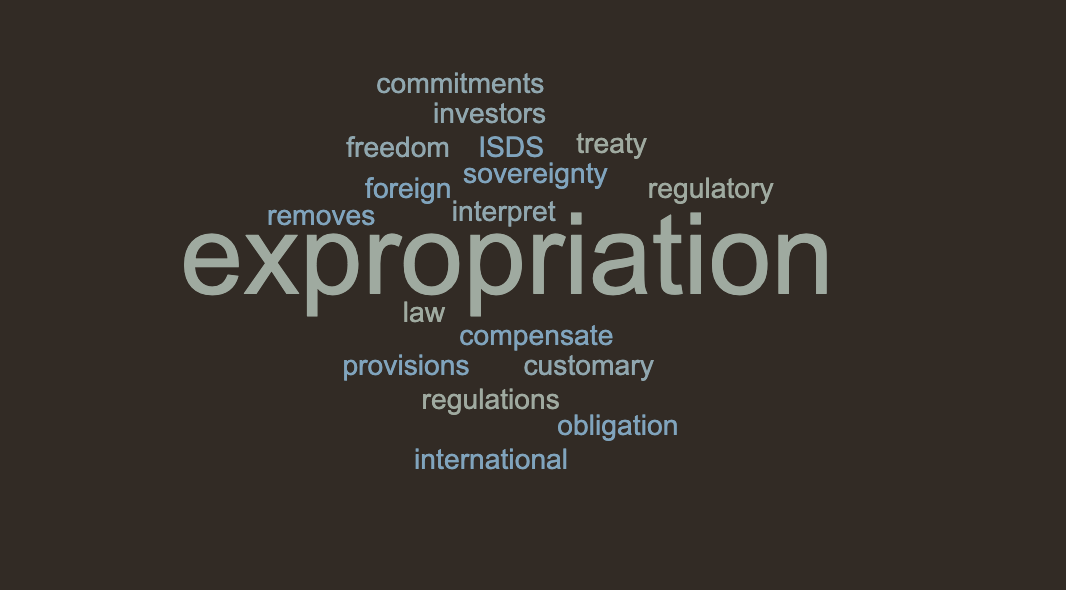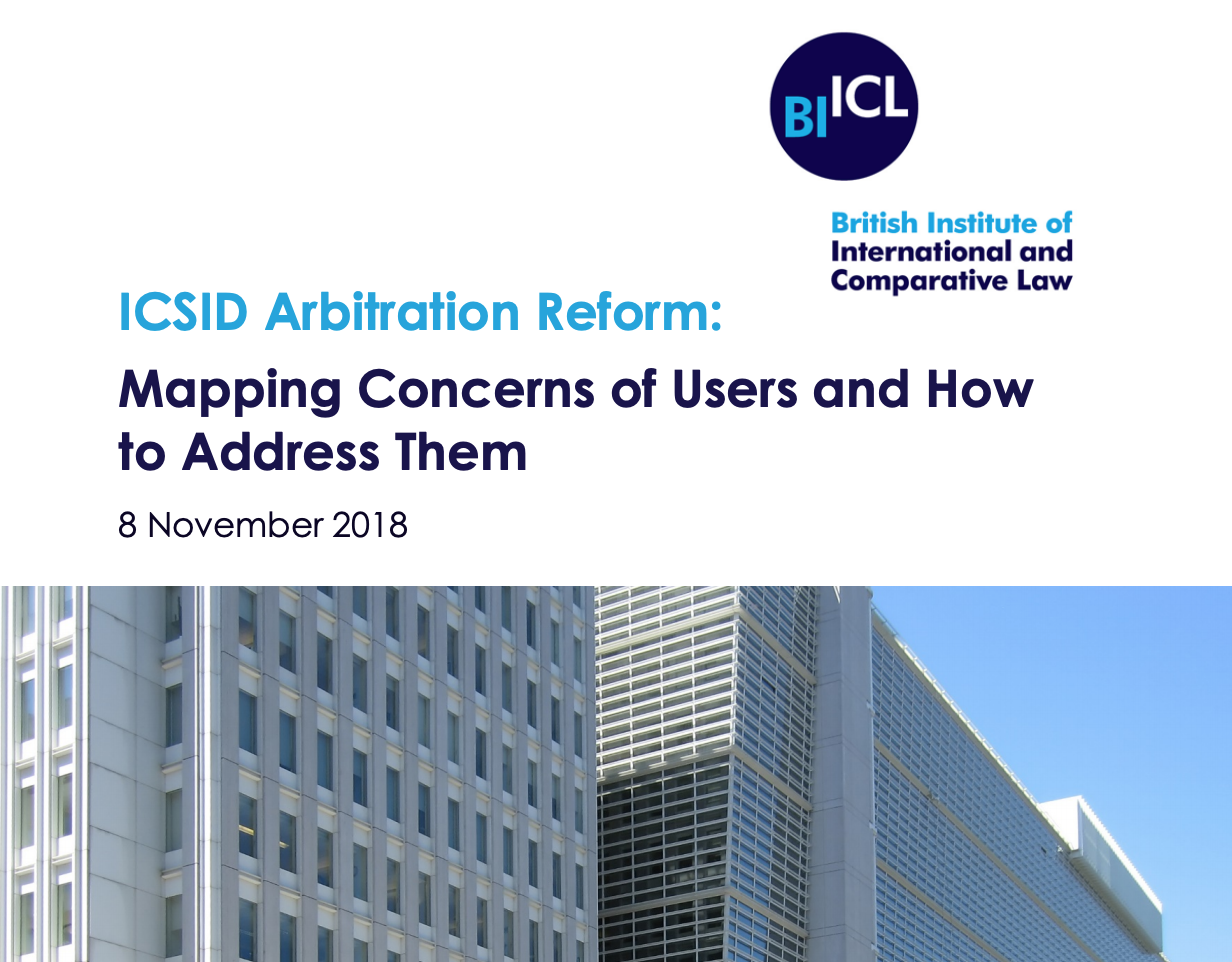The rich programme of the 2023 London International Disputes Week (LIDW) serves as proof of the leading role of London not only in Europe but in the world when it comes to international dispute resolution. The range of topics on the programme (from commercial, construction, and investor-state to crypto, mining and energy disputes) is not…


